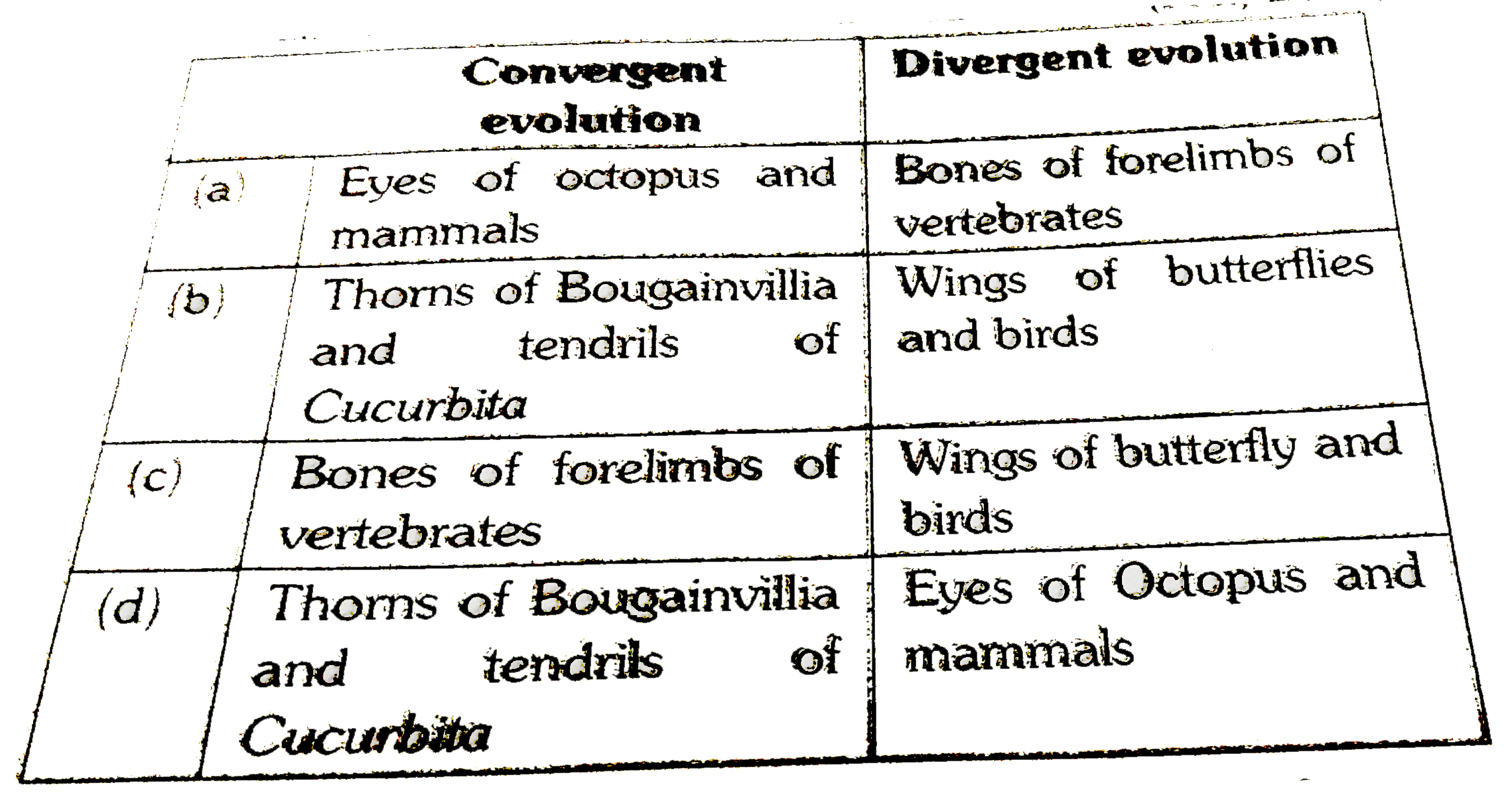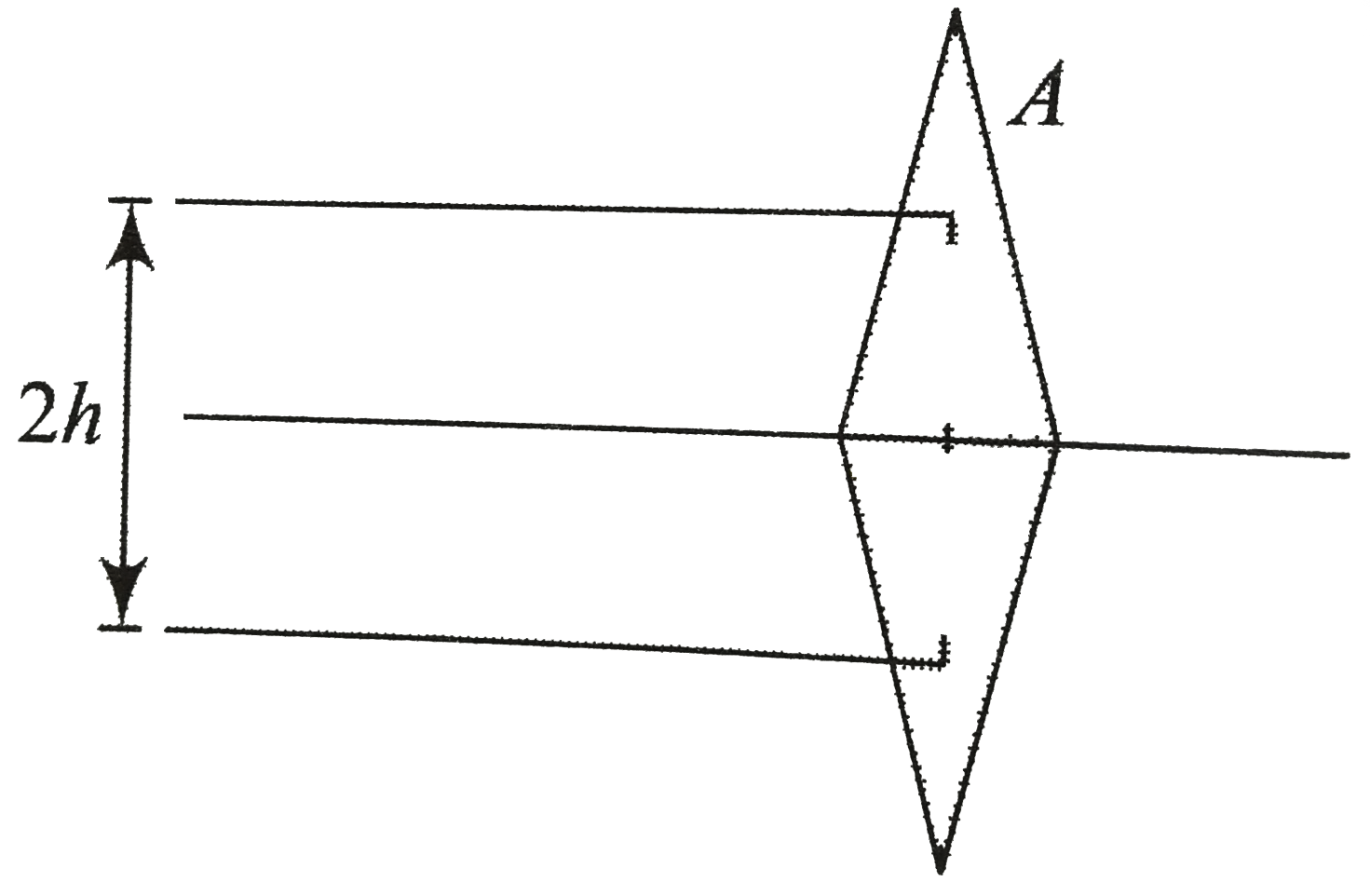A lamp emits a .............. (convergent/divergent) beam of light.
To solve the question "A lamp emits a .............. (convergent/divergent) beam of light," we need to determine the correct term to fill in the blank based on the properties of light emitted from a lamp.
1. Understand the Terms:
- Convergent Beam: This refers to light rays that come together or focus at a single point. An example of this would be a magnifying glass or a laser beam.
- Divergent Beam: This refers to light rays that spread out from a single point. An example of this is the light emitted from a lamp, which spreads out in various directions.
2. Analyze the Function of a Lamp:
- A lamp is designed to illuminate a space by spreading light. It does not focus light to a single point but rather disperses it to cover a larger area.
3. Choose the Correct Option:
- Since a lamp emits light that spreads out to illuminate a room, the correct term to fill in the blank is "divergent."
4. Final Answer:
- A lamp emits a divergent beam of light.
- Convergent Beam: This refers to light rays that come together or focus at a single point. An example of this would be a magnifying glass or a laser beam.
- Divergent Beam: This refers to light rays that spread out from a single point. An example of this is the light emitted from a lamp, which spreads out in various directions.
- A lamp is designed to illuminate a space by spreading light. It does not focus light to a single point but rather disperses it to cover a larger area.
- Since a lamp emits light that spreads out to illuminate a room, the correct term to fill in the blank is "divergent."
- A lamp emits a divergent beam of light.
Topper's Solved these Questions
- LIGHTBook:ICSEChapter:LIGHTExercise:Exercises (Section II) Give reasons for the following.
Explore 3 Videos
- LIGHTBook:ICSEChapter:LIGHTExercise:Exercises (Section II) Distinguish between the following
Explore 4 Videos
- LIGHTBook:ICSEChapter:LIGHTExercise:Exercises (Section I) Circle the odd one. One has been done for you.
Explore 4 Videos
- FORCEBook:ICSEChapter:FORCEExercise:Picture Based Questions
Explore 2 Videos
- MAGNETISMBook:ICSEChapter:MAGNETISMExercise:Picture Based Questions
Explore 12 Videos
Similar Questions
Knowledge Check
Which one of the following options gives one correct example each of convergent evolution and divergent evolution?
AConvergent evolutionDivergent evolutionEyes of octopus and mammalsBones of forelimbs of vertebratesBConvergent evolutionDivergent evolutionThorns of Bougainvilea and tendrils of CucurbitaWings of butterflyCConvergent evolutionDivergent evolutionBones of forelimbs of vertebratesWings of butterfly and birdsDConvergent evolutionDivergent evolutionThorns of Bougainvillea and tendrils of Cucurbilamammals
Which one of the following statements is correct?
View SolutionWhich one of the following options gives one correct example each of convergent evolution and divergent evolution?
View SolutionWhich one of the following options gives one correct example each of convergent evolution and divergent evolution

View SolutionA sequence {an} is said to be ------ a sequence if the limit I= finite.
(A) convergent
(B) divergent
(C) unbounded
(D) None of these
View SolutionWhich one of the following options gives one correct example each of convergent evolution and divergent evolution

View SolutionTwo identical thin isosceles prisms of refracting angle A and refractive index μ are placed with their bases touching each other and this system can collectively act as a crude converging lens. A parallel beam of light is incident on this system as shown in Figure. Find the focal length of this so called converging lens.

View SolutionName the spherical mirror which (i) diverges (ii) converges the beam of light incident on it. Justify your answer by drawing a ray diagram in each case.
View Solution